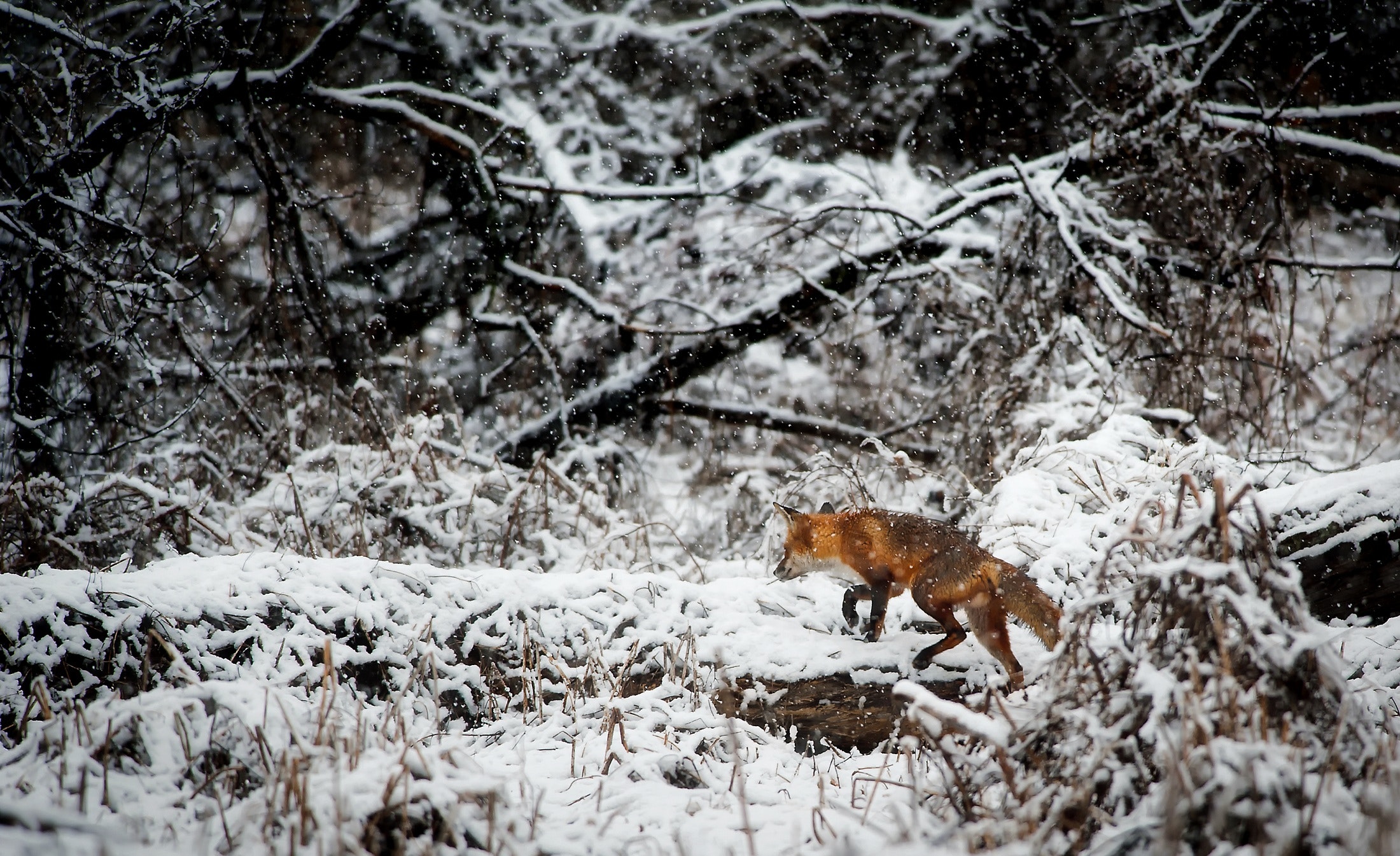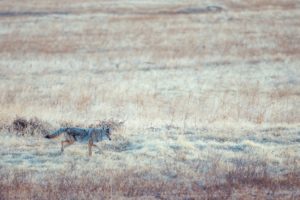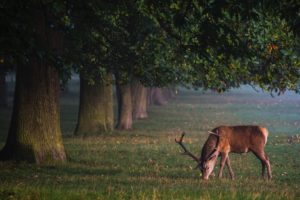Hunting is a tradition that has been passed down through generations, and it remains an important part of many cultures and communities. However, the future of hunting is being threatened by the impacts of climate change and urbanization. These factors are changing the environment, wildlife populations, and access to hunting areas, and they have the potential to fundamentally alter the way we hunt and the way we think about hunting.
Climate change is causing shifts in temperature, precipitation, and weather patterns that are affecting the distribution and behavior of wildlife. As animals move to new areas in search of food and shelter, hunting opportunities may become more limited. For example, warmer temperatures may cause deer to move to higher elevations, making them harder to track and hunt. In addition, changes in precipitation may lead to the development of new plant species, which can alter the habitat and food sources of animals. This can make it more difficult for hunters to predict where they will find game and may make hunting less successful.
Urbanization is also affecting hunting in a number of ways. As more and more people move into cities, hunting areas are becoming increasingly fragmented and inaccessible. This is making it harder for hunters to find places to hunt and for wildlife to find the habitat they need. Additionally, urbanization can lead to increased noise and pollution, which can disrupt the behavior of animals and make hunting more difficult.
Another way urbanization impact hunting is the loss of hunting lands, as urbanization also lead to urban sprawl, which can displace wildlife and make it harder for hunters to find areas where they can hunt. This can also lead to conflicts between hunters and other people who use the land, such as hikers, bird watchers, and farmers.
To mitigate these negative impacts, hunters and conservationists will need to work together to adapt to the changing conditions. This might involve finding new hunting areas, developing new hunting techniques, or changing the way we manage wildlife populations. For example, hunters may need to focus more on hunting smaller game or on hunting in different seasons to take advantage of the changes in wildlife behavior. In addition, conservationists may need to work to protect and restore habitats that are important for hunting, such as wetlands and forests.
The future of hunting is uncertain, but it’s clear that climate change and urbanization will play a major role in shaping the sport. It’s important for hunters to be aware of these changes and to be proactive in finding ways to adapt to them. This may require a shift in the way we think about hunting, from a traditional pursuit to a more modern and sustainable one. Ultimately, the future of hunting will depend on the ability of hunters, conservationists, and policymakers to work together to find solutions that benefit both wildlife and people.
In conclusion, hunting is an important tradition that is facing many challenges in the face of climate change and urbanization. These factors are affecting the environment, wildlife populations, and access to hunting areas, and have the potential to fundamentally alter the way we hunt and the way we think about hunting. However, by working together, hunters, conservationists and policymakers can find ways to adapt and ensure that hunting can continue to be enjoyed in the future.







